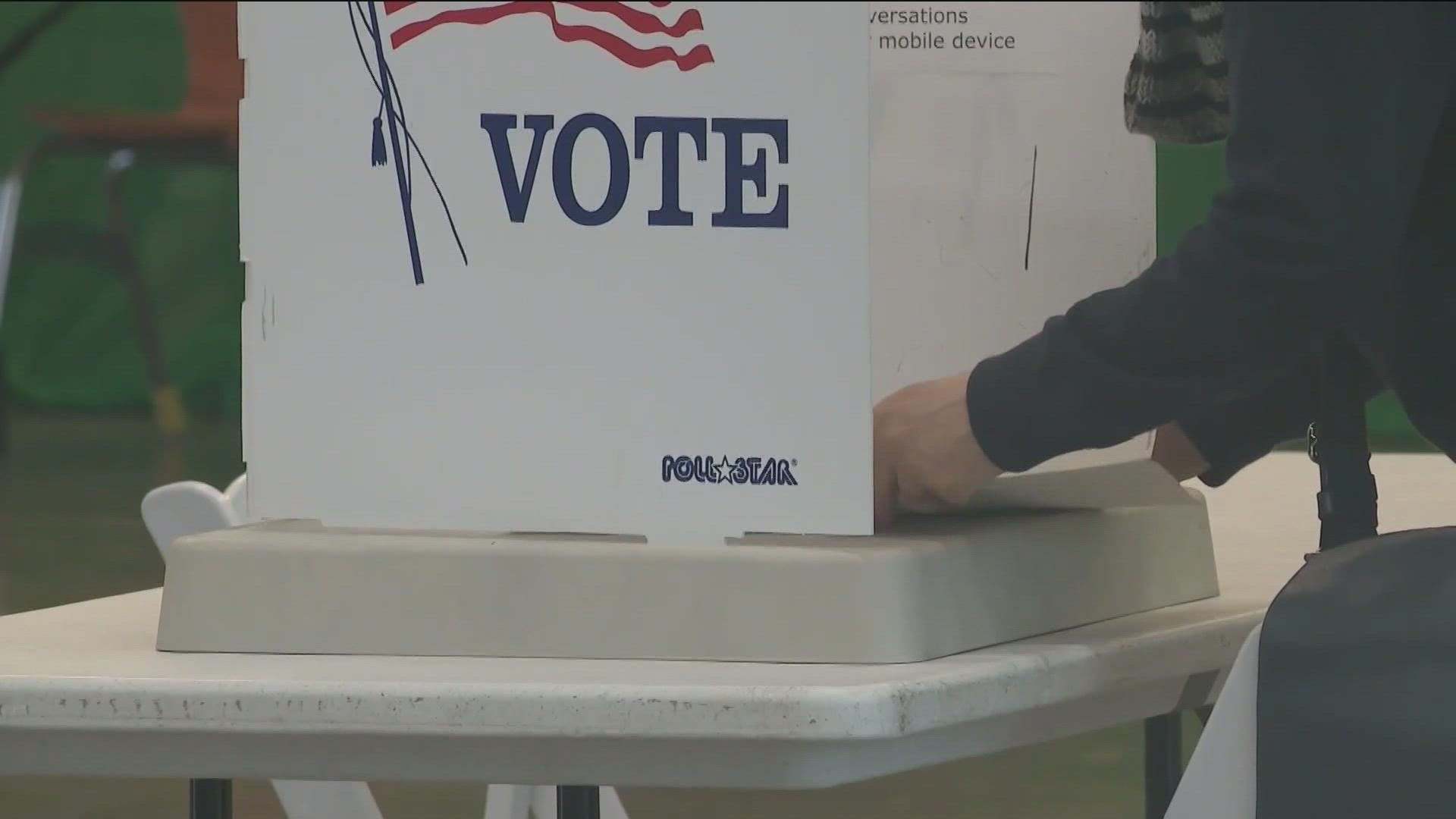TOLEDO, Ohio — Changes are coming in the election cycle because Ohioans will now need to present a valid photo ID next time they vote after a new law was signed by Gov. Mike DeWine on Friday.
DeWine's signature on House Bill 458 requires Ohioans to now have either their driver's license, interim driver's license, state ID, military ID or passport to vote.
Lucas County Board of Elections Director LaVera Scott said this narrows down the list of acceptable ID voters can use.
"Utility bills, many other governments checks, other forms of government identification ... those things will currently no longer be accepted," Scott said.
The new law also changes absentee deadlines requiring ballots returned by mail to arrive by the fourth day after election day instead of the tenth and eliminates early voting the Monday before election day.
Scott said BOE is currently looking over absentee documents, making changes to the website and going through social media and public notices about the changes.
Sen. Theresa Gavarone had a role in creating the language in the bill. She said a vast majority of Ohioans already use photo ID, so she hopes "the person that comes to the voting booth is the person they claim to be when they cast their ballot."
Gavarone said people 17 years old and over can go to the BMV and get a photo ID for free, and claimed the changes should not create any obstacles on the way to the voting booth.
Ann Fabiszak, co-president of the League of Women Voters, is against the bill and fears the new law lessens the opportunity to cast a ballot since some people are unable to acquire a photo ID.
"We should've kept a broad opportunity for people to identify themselves and exercise their right to vote, as we want as many people to vote as possible," Fabiszak said.
She said LWV has not taken legal action, but that doesn't mean the door isn't open.
"We hope that people are aware of the change and getting themselves ready for the change," Fabiszak said.
Gavarone said the law will officially go into effect in 90 days. Organizations across the state have joined together to file a lawsuit against the state before May's elections.
For now, Scott said BOE will follow the state-mandated rules and are still figuring out early voting dates.
"Despite what anyone's personal feelings may be, we have to follow the law," she said. "And we just hope with what those law changes will be that they will still be accessible to the voter."

